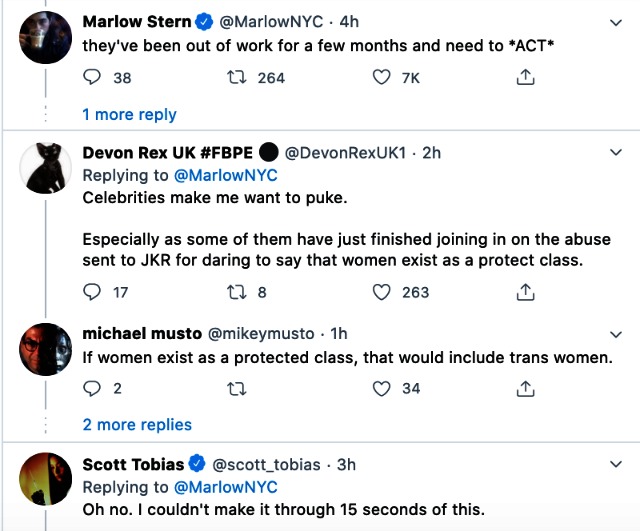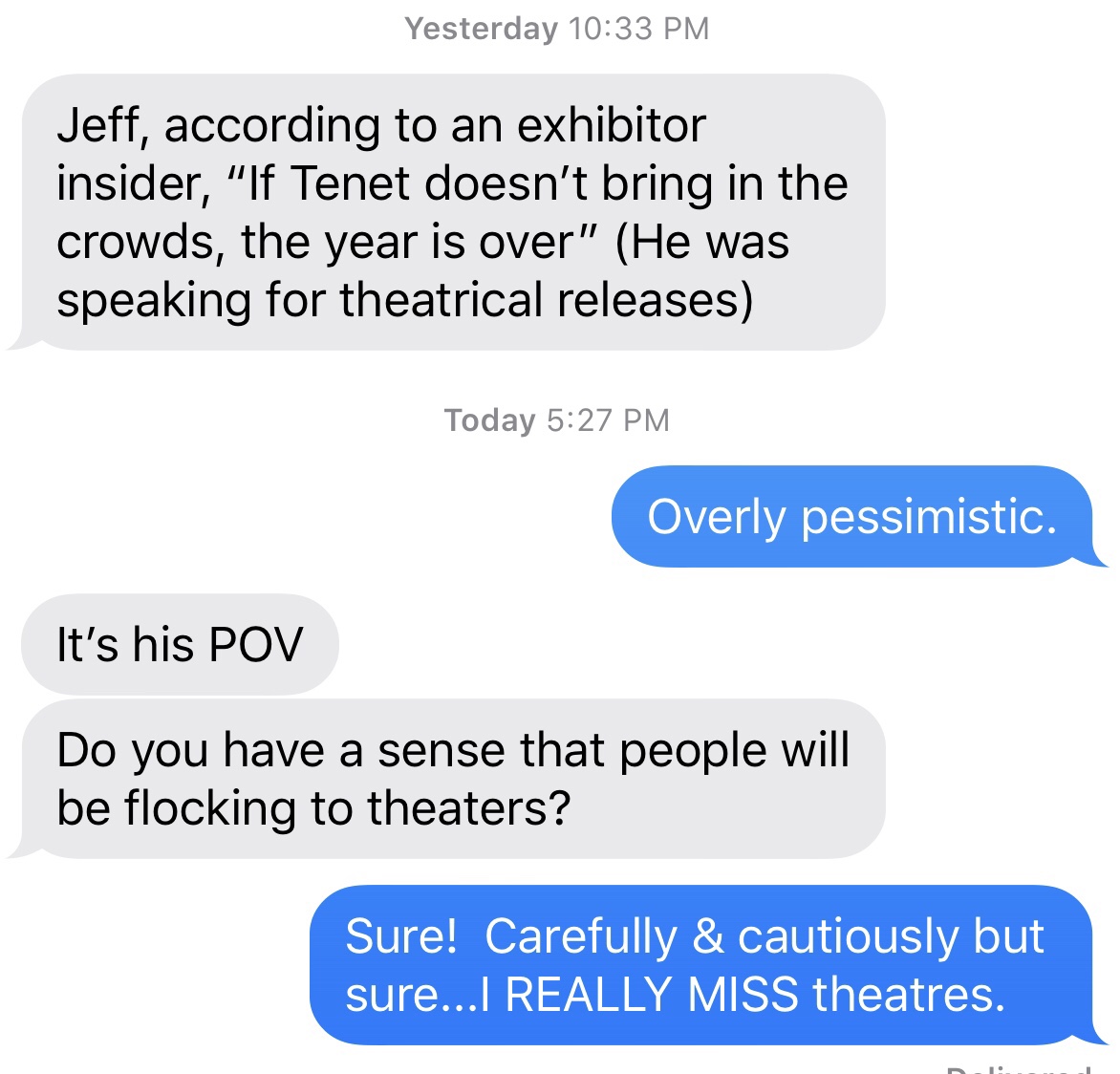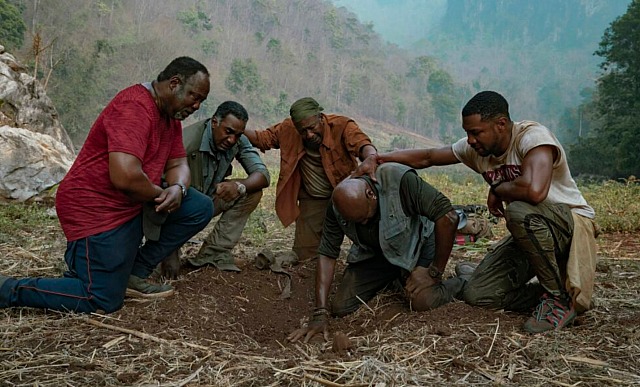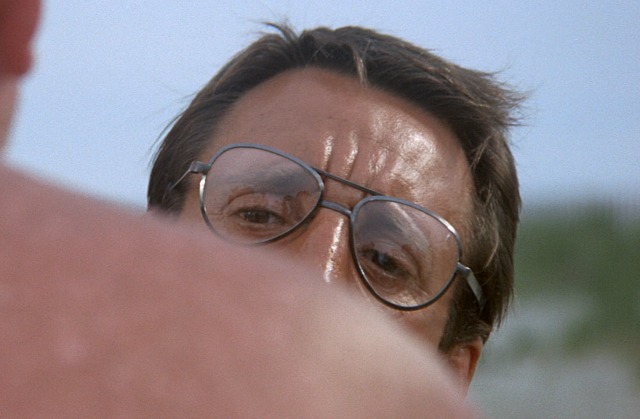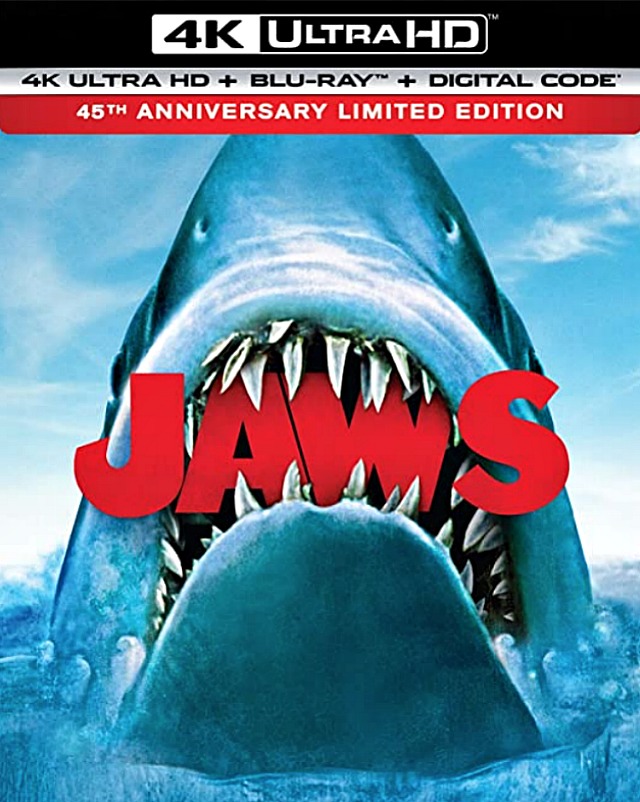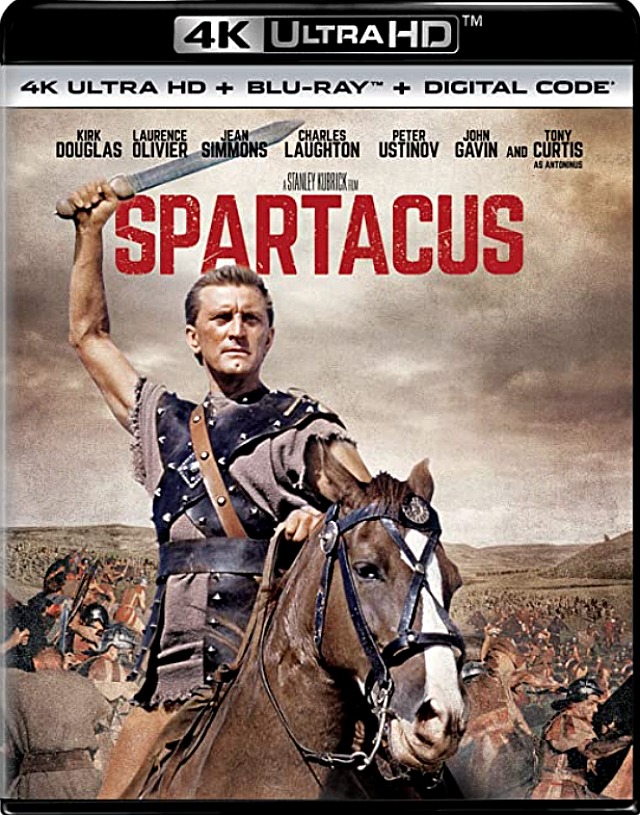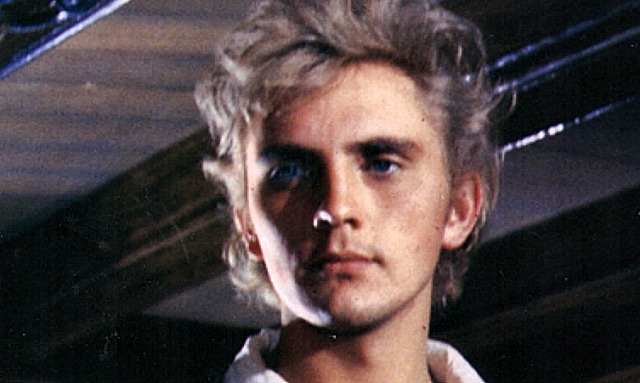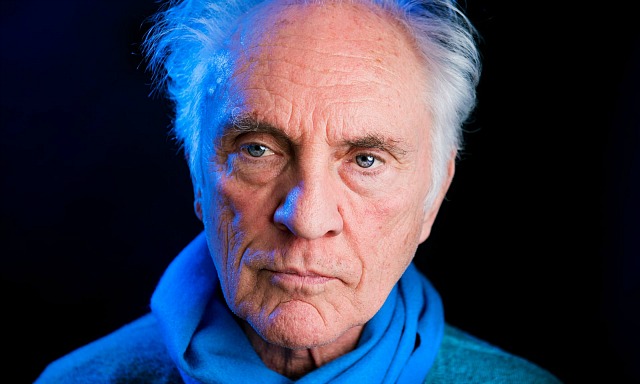Four days ago Blocked & Reported‘s Katie Herzog and Jesse Singal posted a podcast titled “Bari Weiss Is Right.” Which is a good and welcome thing because Bari Weiss is right about the behavior of N.Y. Times fanatics during the Tom Cotton / James Bennet debacle.
The theme is the “complete collapse of institutional authority” along with a “major cultural crack-up” in media-journalist circles.
Herzog/Singal: “Bari Weiss did some tweets about how there is a generational divide at The New York Times that is, in her view, hampering the paper’s ability to publish quality commentary and journalism. In response, a sizable cohort of her colleagues LITERALLY devoured her (metaphorically, on Twitter). In their most frustrated episode yet, Katie and Jesse explain why Bari was fundamentally right. The fact that so many journalists think Bari is making this up is pretty insane given the rampant evidence for it.”
Herzog has been an HE favorite over the last couple of years. I especially enjoyed “Call-Out Culture Is a Toxic Garbage Dumpster Fire of Trash,” posted on 1.23.18.
Insignificant Quibble: Herzog and Singal are so sharp and fleet-minded and ultra-knowledgeable that it’s almost difficult to listen to them. Especially because they speak in “vocal slur fry”, and I hate that shit as a rule. But they’re otherwise cool.
“Vocal Slur Fry Classes,” originally posted on 9.10.14.
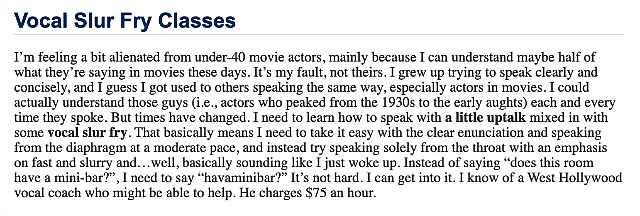
And don’t overlook Damon Linker‘s “The woke revolution in American journalism has begun“…some of the same observations. And Steven A. Holmes‘ cnn.com piece, “I love The New York Times, but what they did was wrong.”



